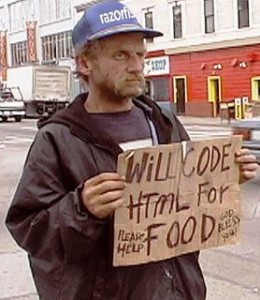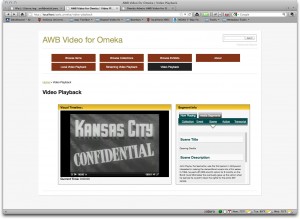I’m really excited about the types of DH projects university folks are creating. I’m also curious about discussing more applied DH projects that meet community needs and serve people beyond university walls. Universities have notoriously contentious community relations and it seems like more intentional collaborative outreach could help. If communities were involved in DH, what kind of projects would be prioritized? I’d like to brainstorm ways to create community centered projects that not only advance academic goals, but help make our world a better place. What kind of SouthEast specific community based project can be dreamed up? All power to the people! 🙂




